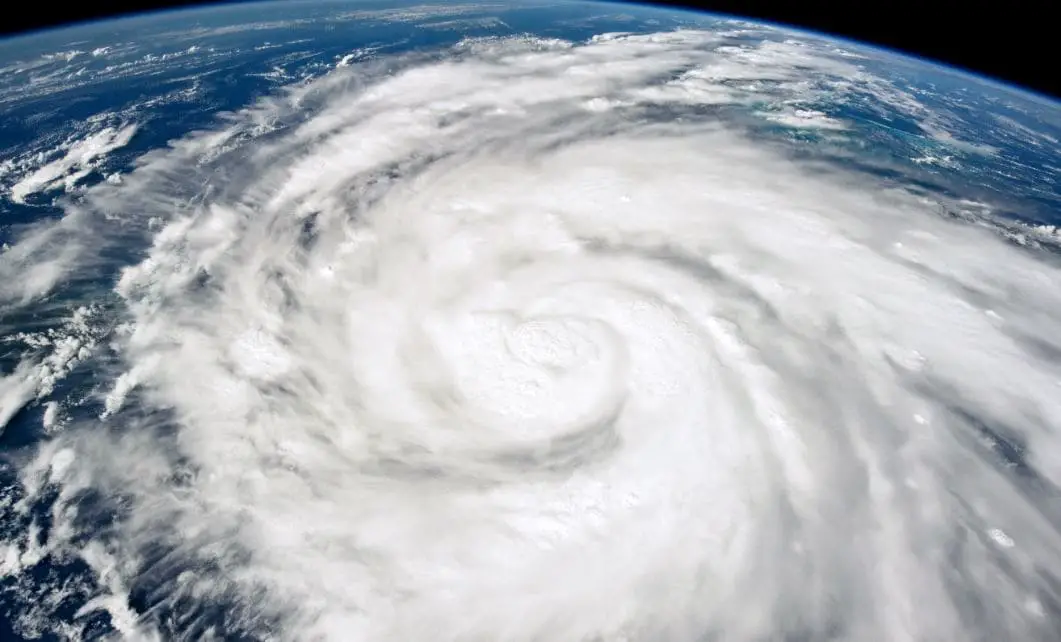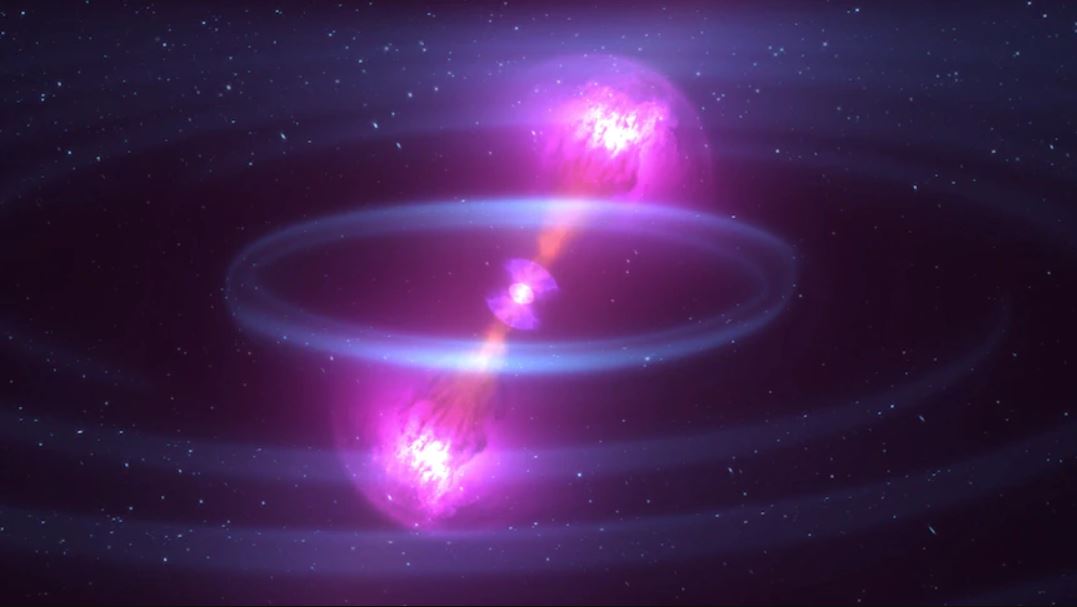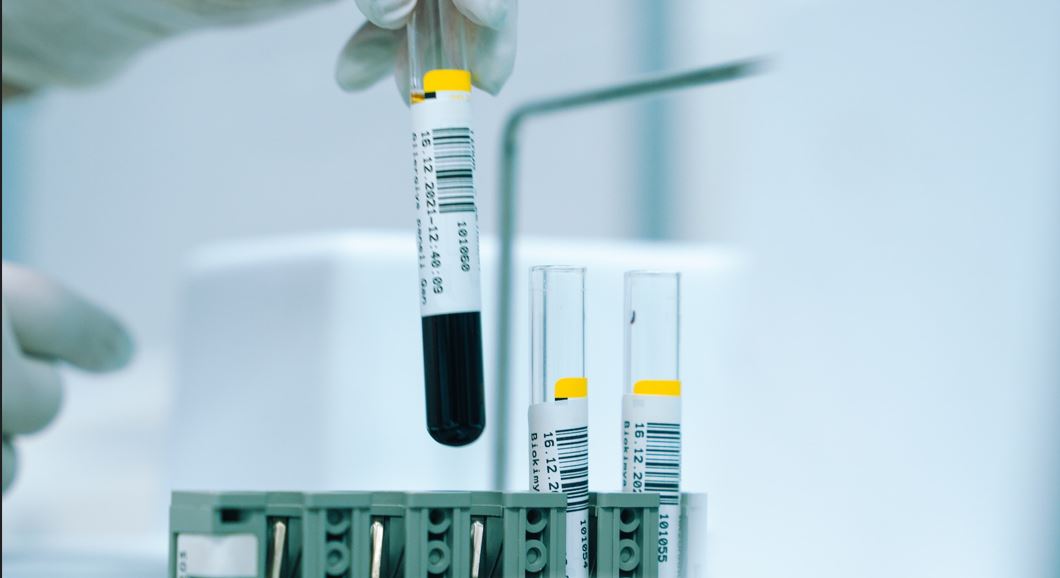Hurricanes are getting stronger and faster, generating more rain and moving more slowly than before over the Atlantic Ocean. A new American study is trying to determine the impact of climate change on this destructive phenomenon.
After studying the development and tracks of all hurricanes to make landfall on the US East Coast since 1979, scientists at the Pacific Northwest National Laboratory realized that hurricanes were getting stronger and faster: they passed more easily from a simple depression or tropical storm at the hurricane stage.
This escalation, which previously took days, can now happen in a matter of hours just like Hurricane Ian devastated Florida last September. A trend that does not affect all the coasts in the same way: in the first line of attack, the American Atlantic coast which brings together all the ingredients necessary for a rapid intensification of cyclonic phenomena.

In their study published on October 17 in the journal Geophysical Research Letters, the laboratory team specifies that heat is not solely responsible for the ultra-rapid intensification.
A mix of different environmental conditions is required, and these are much more prevalent on the east (Atlantic) coast of the United States than on the Gulf of Mexico.
The same favorable conditions for intensification are also present on the east coast of Asia and in the northwest Arabian Sea.
A land-sea temperature contrast that is growing
The land is warming much more strongly than the oceans. On warm land, the atmospheric pressure is lower than above the ocean: the high pressures of the ocean are associated with a wind blowing in the direction of the land. The rotation of the Planet then causes these winds to rotate cyclonically, creating the giant vortex that constitutes the hurricane.
The hurricane draws its energy from this warm and humid air which rises in the atmosphere. Hurricanes are actually machines that run on heat, converting that heat into high winds and downpours.
The warmer the surface of the oceans, the more moisture evaporates into the atmosphere, and the more torrential precipitation there is. The difference between the temperatures on land and the temperature of the ocean is exacerbating this process, causing it to intensify rapidly.
This natural mechanism will continue to strengthen significantly by 2100, according to scientists. Wind shear (which can limit hurricane development) is expected to weaken along the Atlantic coast, but not necessarily along the Gulf of Mexico.
Evaporation from the surface of the oceans, and therefore humidity, will continue to increase. In question, the continuous increase in greenhouse gas emissions.
The authors point out that a small part of this evolution can be attributed to the natural variability of the climate, but that it is very small compared to the major role played by greenhouse gas emissions in global warming.
Hurricanes that are slower and therefore more destructive
Between 1979 and 2018, North Atlantic hurricanes strengthened by 1.2 kilometers more on average every six hours, an increase that was not detected in the hurricane phenomena of the Gulf of Mexico.
In addition, hurricanes tend to be slower and slower: we are not talking here about the winds blowing inside the phenomenon, but about their speed of movement, often between 10 and 25 km/h. Their speed has lost an average of 10% between 1949 and 2016, without the causes of this slowness being really understood.
However, a slow hurricane is always more dangerous because it gives them more time to generate intense rains and strong winds on the coasts: they therefore do more damage.




